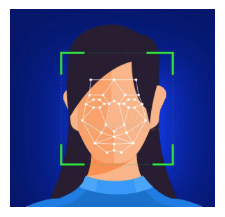Appointing a data protection officer
A simple guide to understand the role of a DPO in schools and who is and who is not suitable for the role.
Whatever the size and setting of your school, the GDPR (General Data Protection Regulation) places high expectations on you to protect the personal data in your care. You are accountable and must demonstrate your commitment to the Regulation by putting in place appropriate processes and procedures and, under Article 37(1), appointing an appropriate DPO (data protection officer).
- The DPO is an independent monitoring and advisory role that supports your compliance with the Regulation and helps you understand your obligations.
- They act as the point of contact for data subjects, e.g. pupils, parents and staff, and supervisory authorities like the ICO (Information Commissioner’s Office).
- They should be an independent, experienced GDPR practitioner, with knowledge of data protection law. They should be adequately resourced, and report to the highest leadership level.
- They can be external and shared across a group of schools, including schools with formal relationships (such as trusts) and those without.
- They can be an employee, but there cannot be a conflict of interest with other roles.
- They provide advice regarding DPIAs (data protection impact assessments). A DPIA must be carried out where a planned or existing processing operation “is likely to result in a high risk to the rights and freedoms of individuals”. If you are introducing a new system such as an MIS (management information system), or a catering or parents’ payment system, a DPIA must be carried out.
All you need to know about data breaches
All you need to know about data breaches... The ICO states that “a personal data breach means a breach of security leading to the accidental or unlawful destruction, loss, alteration, unauthorised disclosure of, or access to, personal data. This includes breaches that...
Use of facial recognition in schools. DPIA’s are essential.
Facial Recognition - DPIA's are essential North Ayrshire council was criticised for attempting to introduce facial recognition technology so that pupils can pay for school meals in an attempt to speed up service and to reduce the risk of spreading Covid-19 via pin...
Collecting Staff Vaccination Data
Collecting Staff Vaccination Data There is no quick answer as to whether schools are legally permitted to collect vaccination data. As well as considerations under data protection law, employers must also be mindful of obligations arising under areas such as...




